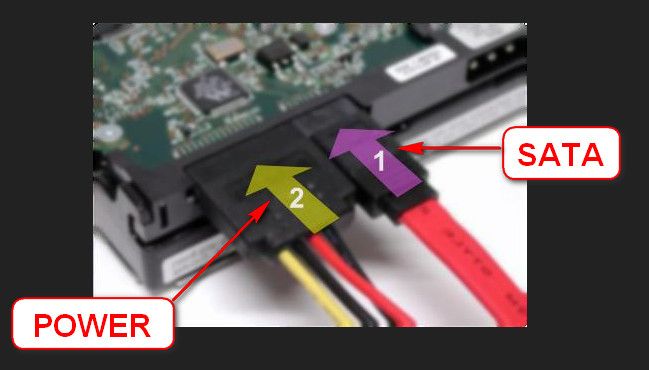New
#11
1. I ran Memtest previously for 10 passes with no errors. I will run it again though to be sure (does it test on-board system memory as well as the RAM?)
2. I ran the benchmark stress tests, no problems at all.
3. I loaded up DV--as I rebooted I selected my user and it began to load windows. Within 2-3 seconds my screen went haywire. (Black with varied lines throughout--propper frozen and locked up). I had a mouse cursor but i was completely frozen out and had to hard restart. Did it a second time, same effect. I had to go back through Safe Mode and restore from my safe point. I checked and (obviously because It didn't BSOD) I had no minidumps. Is there anything else I can grab to show the processes leading up to the crash(es)? to isolate it?
I was running DV on 'all drivers', should I have changed that selection to be more specific?


 Quote
Quote
